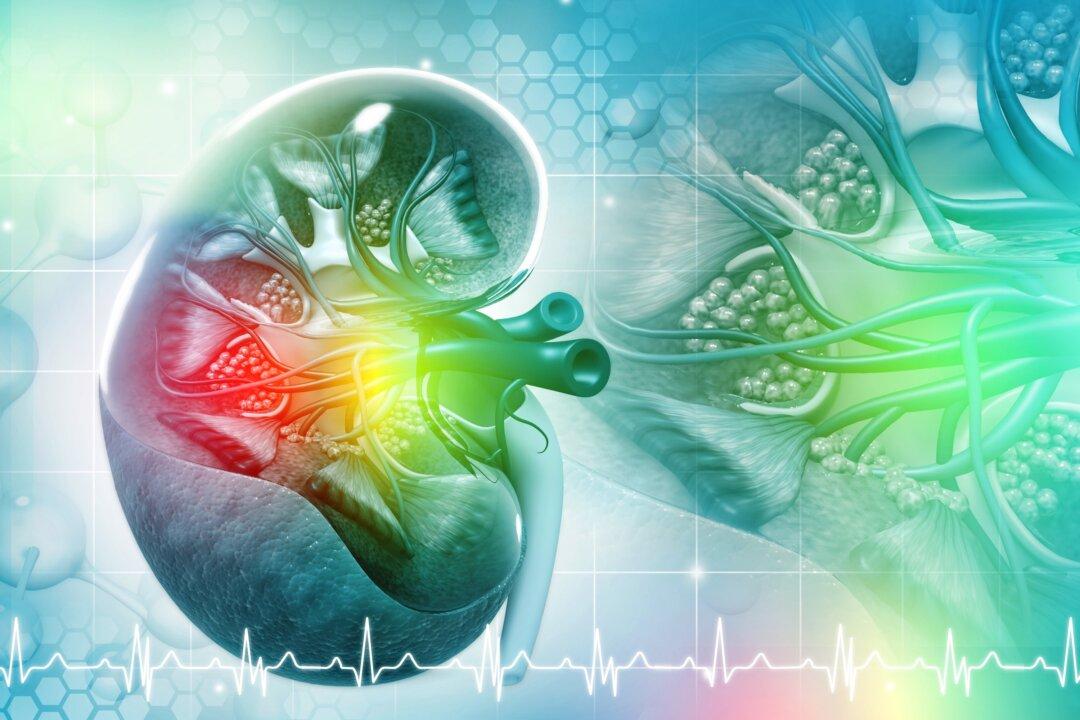Chronic kidney disease, sometimes referred to as chronic kidney failure, occurs when the kidneys have become damaged or are no longer able to filter the excess fluid and waste from your blood. Keep in mind, impaired kidney function can result in dangerous levels of waste, electrolytes, and fluids building up in the body, causing other unwanted health conditions.

Testing early for poor kidney function in people who are at high risk, such as those with high blood pressure, diabetes, or fatty liver, is recommended.By crystal light/Shutterstock
|Updated:




